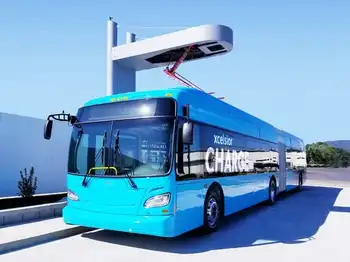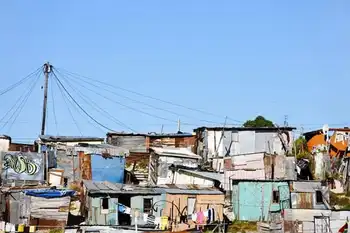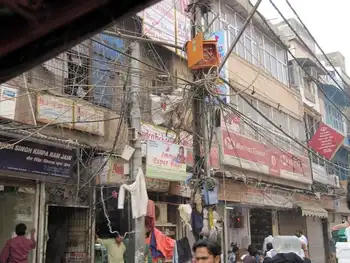First Solar first to undergo the “Ontario process”
The company and its proposed project will be the first to go through the new Ontario process aimed to speed renewable energy projects. First SolarÂ’s proposed project spans three municipalities and two counties.
Ontario’s Energy Minister George Smitherman said in September that after submitting the paperwork to local officials, all renewable energy projects must now go through a new provincial approvals process. The new process aims to incorporate environmental assessments, municipal planning and other approvals and permits. The London Free Press reported Premier Dalton McGuinty as saying “earlier changes were needed to prevent not-in-my-backyard opponents from stopping green energy projects. The province, he said, needs them to wean itself off dirty coal for electricity."
First Solar is open to the new process, but did state that they had also been content with the previous rules. Peter Carrie, VP of First Solar, acknowledged the company's guinea pig status with the new procedure, stating, "It looks like we will be one of the first test flights through this process…. There is some uncertainty about the new time lines,” though Carrie does hope to break ground in the next year.
First Solar acquired the original proponent, OptiSolar Farms Canada, which caused delays with the project and while more are expected, Carrie feels that it isn’t all bad. Carrie asserted that they are “retooling [their] environmental studies,” leading to more efficient solar panels than were formerly considered. The new panels will reduce the portion of the land that was originally slated to be used for panels by 60%.
Related News

Why electric buses haven't taken over the world—yet
LONDON - In lots of ways, the electric bus feels like a technology whose time has come. Transportation is responsible for about a quarter of global emissions, and those emissions are growing faster than in any other sector. While buses are just a small slice of the worldwide vehicle fleet, they have an outsize effect on the environment. That’s partly because they’re so dirty—one Bogotá bus fleet made up just 5 percent of the city’s total vehicles, but a quarter of its CO2, 40 percent of nitrogen oxide, and more than half of all its particulate matter vehicle emissions. And…




